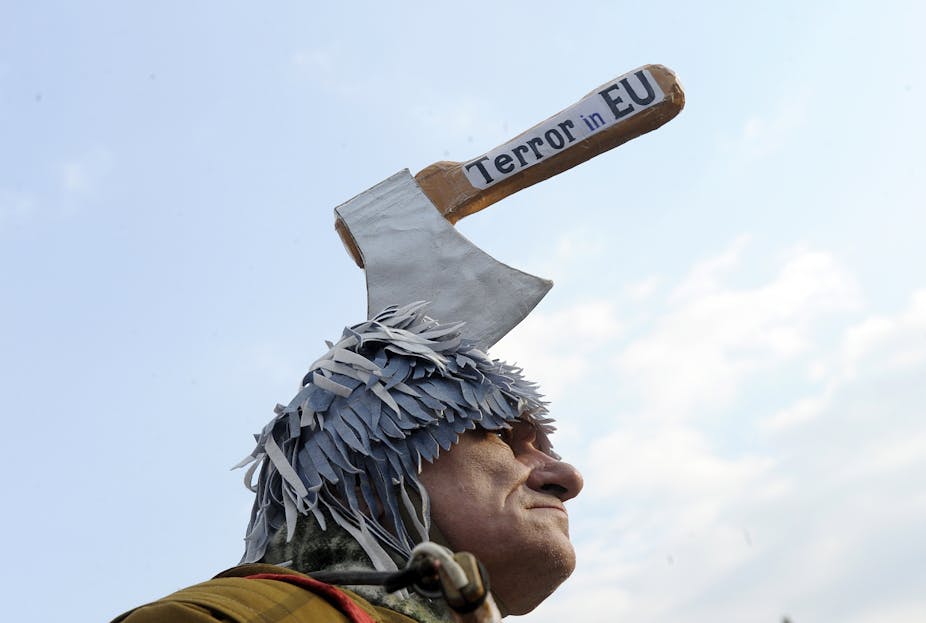Slovakia is in two minds when it comes to EU politics. On one hand the country consistently ranks among the most enthusiastic of member states. Surveys have repeatedly shown that Slovaks are very satisfied with EU membership and appreciate its benefits, especially when it comes to the various economic and social boons EU membership has brought, such as opening the labour market and adopting the Euro.
The Slovak public also has high confidence in EU institutions and in democracy at the European level (comparatively higher than that at the national level).

But when it comes to actually expressing that enthusiasm Slovaks are not doing so well – this is reflected in critically low turnout in European parliamentary elections. In 2004, as an accession country, Slovakia recorded the lowest turnout in the history of the European elections (just 17% of eligible voters). The 2009 elections brought a slight increase to 19.6% of the electorate, but Slovakia remained the EU member state with the highest abstention rate.
Slovakia has an allocation of 13 seats in the European Parliament. In 2009, the ruling Direction – Social Democracy (SMER) won five of seats with a tally of 32% of votes cast. SMER, which is a member of the Party of European Socialists and is wholeheartedly pro-EU, is the largest party in the Slovakia’s National Council, with an absolute majority of 83 seats (out of 150).
The centre-right parties that belong to the EU Parliament’s European People’s Party (EPP) shared six seats among them while the People’s Party – Movement for a Democratic Slovakia, took one seat. The non-aligned National Party also took one seat.

Ringing the changes
Between the poll in 2009 and the upcoming election, a lot has happened in Slovak politics. In the autumn of 2011, the centre-right coalition parties in Slovakia’s National Council opposed Slovakia’s participation in the bail out of Greece. The resulting vote split the government and an early general election was called, which was won by SMER.
Despite this national vote for a pro-EU government, the effects of both the Euro and debt crises have led to growing euroscepticism. There is a general feeling in the electorate that rather than being forced into solidarity with countries who are unable to maintain budgetary discipline, Slovakia should be aspiring to identify with the richer, more powerful nations.
In the 2014 EP election there is a bewildering array of 29 parties, movements and coalitions running on the ballot paper. The latest opinion polls predict that SMER should be able to hold its previous allocation of five seats and that the remainder will be completely fragmented among 6 or even eight parties – the majority of them from the centre-right.
Among those that could gain seats are the nationalistic, traditionally eurosceptical Slovak National Party (SNS) and the even more radical extreme-right People’s Party – Our Slovakia (LSNS) which could be ranked into the category of euro-rejects.
This time the campaign, as well as the political and public debate is more visible and more competitive than ever before. Whether this will motivate the voters to show up and increase the turnout remains to be seen.
Citizens in 28 countries will go to the polls to vote for the European Parliament this month. To test sentiment across the EU, The Conversation has assembled a team of experts from across Europe to write about how the election is playing in their countries.

